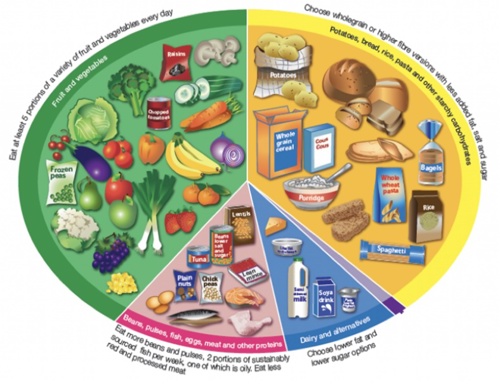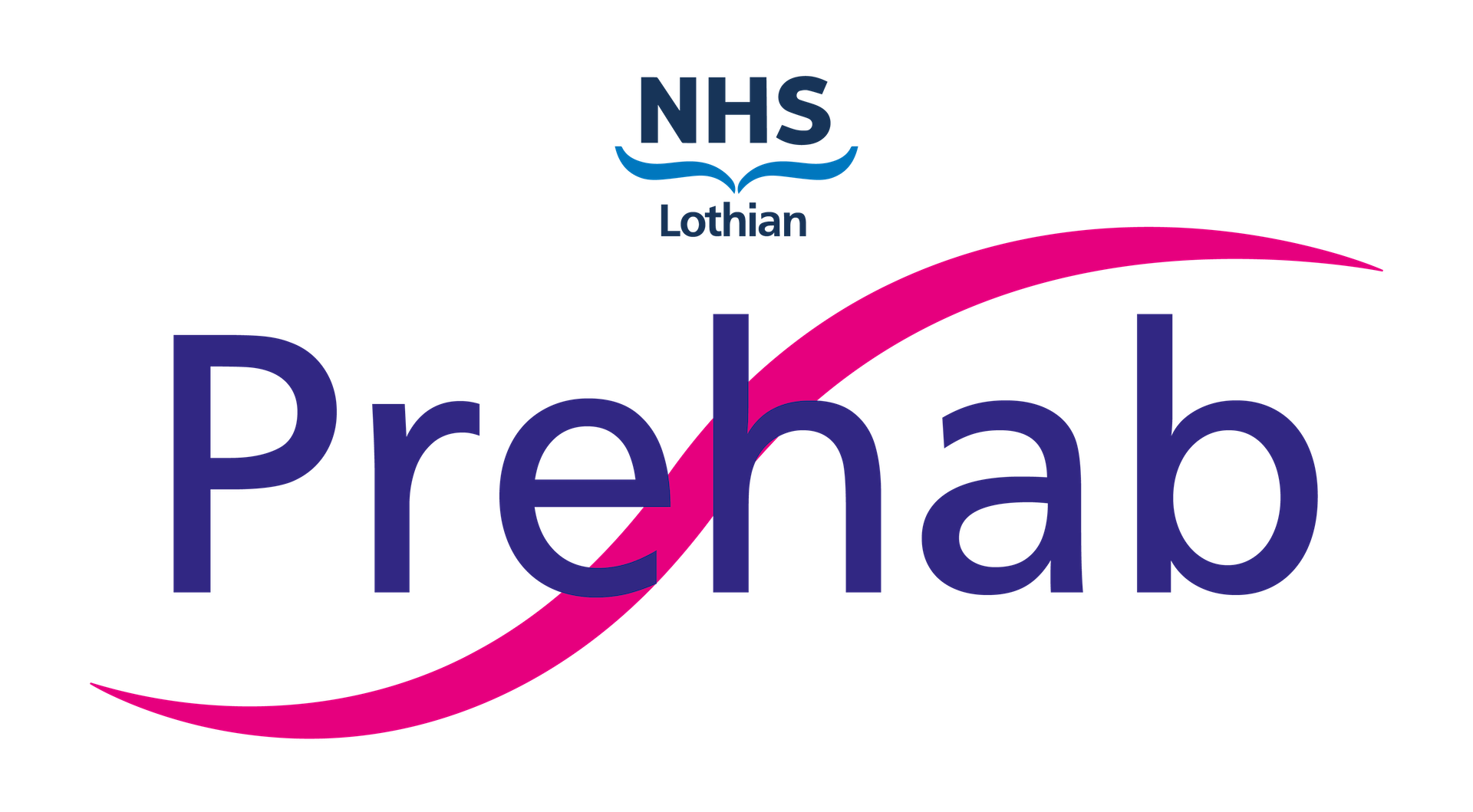Energy needs
Carbohydrates are the body’s main fuel source which are represented in yellow on the Eatwell plate. Under eating these foods can lead to a lack of energy, low mood, and reduced concentration. Overeating carbohydrates especially when physical activity is low can cause weight gain.
Prior to surgery it is recommend to meet the advised portion sizes for carbohydrates and spread them throughout meals. Wholegrain options are recommended due to the nutrients they contain and the fibre content which is good for bowel health.
Protein needs
Protein is the body’s main fuel for building muscle and strength. Patients may need to build some strength prior to surgery. Ensuring protein intake is adequate can help with this. Some excellent sources of protein are chicken, meat, fish, eggs, Greek yoghurt, nuts and lentils.
Meat is also a source of iron and B12.
Try to include two portions of fish each week, one of which should be an oily fish (darker skinned), for example: mackerel, trout, sardines or kippers.
Hydration
Drinking enough water is essential for energy levels, brain function, digestion and helps to regulates temperature. Drinking enough fluids can help make you feel your best. The minimum daily fluid recommendations are 1600 mls for women and 2000 mls for men, unless there is a clinical condition that requires a different approach.
Micronutrients
Micronutrients are vitamins and minerals. It is possible to get adequate amounts from diet.
Having a well-balanced diet rich in micronutrients can help with immune function, wound healing, muscle function and antioxidant protection. The Eatwell Plate highlights the significance of including all food groups in the diet to achieve a balanced intake of essential micronutrients.
In the UK during autumn and winter everyone is advised to take a supplement containing 10 micrograms (400 international units) of vitamin D per day to support general health and in particular bone and muscle health. This is because we cannot make vitamin D from sunlight at this time of year.

